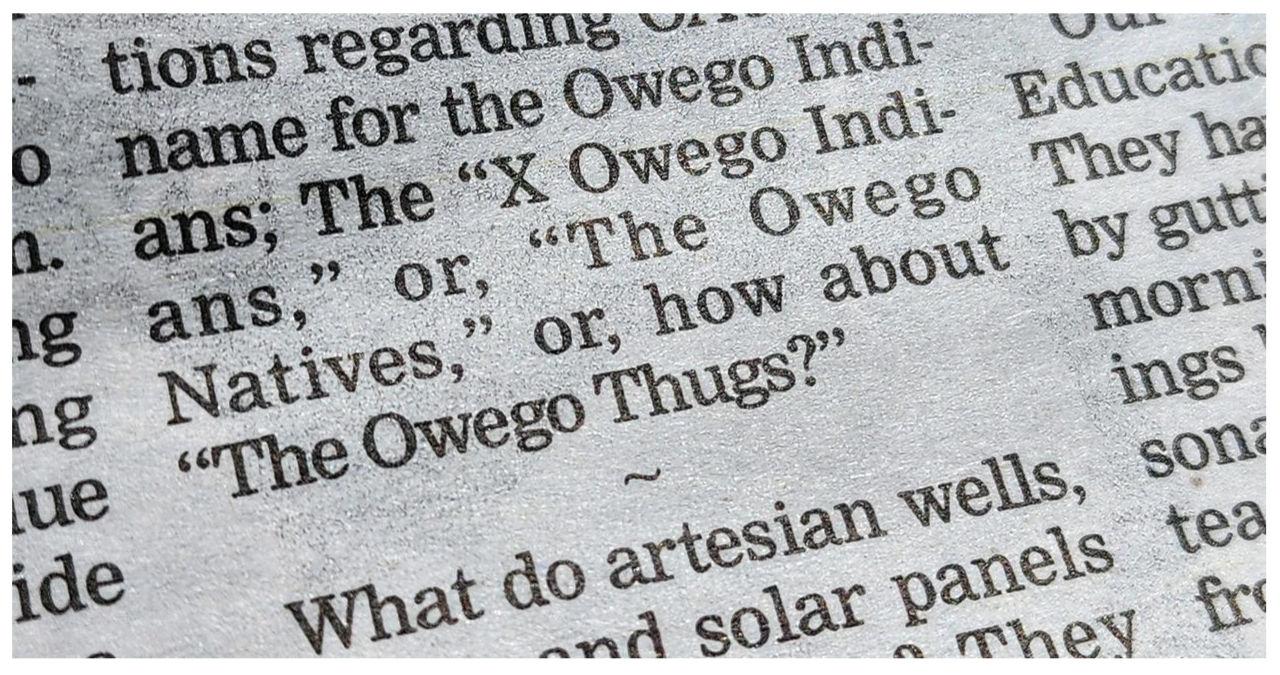The New York State Department of Environmental Conservation (DEC) Commissioner, Basil Seggos, has recently announced that the annual ban on residential brush burning will begin on March 16 and will continue until May 14. This ban has been enforced by the DEC since 2009 in order to prevent wildland fires and ensure the safety of communities during periods of heightened wildfire risk.
Commissioner Seggos stated that although Texas is currently experiencing record-breaking fires, New York is also at a higher risk. He emphasized the importance of New Yorkers who burn woody debris to do so with caution. He advised them to avoid burning on windy days and to be prepared with water or equipment to extinguish the fire if necessary. Additionally, he reminded everyone that all fires must be closely monitored until they are completely extinguished.
The lack of snow cover this winter has left the dormant vegetation in New York State vulnerable to the unpredictable spring weather. With the burn ban approaching, the Department of Environmental Conservation (DEC) is urging everyone to be extra cautious. Forest Rangers and local firefighters have already been called to early fires in several counties, caused by debris burning that was carried by the wind to grassy and wooded areas. It is crucial for people to remain vigilant and take necessary precautions to prevent further incidents.
The ban’s implementation resulted in a significant reduction in the number of spring fires over the course of eight years. On average, there was a decrease of 42.6 percent, with the number of fires dropping from 2,649 in 2009 to 1,521 in 2018. This decline can be attributed to the fact that warming temperatures create ideal conditions for wildfires to occur. The open burning of debris emerges as the primary cause of spring wildfires in New York State, as stated by the DEC. As temperatures rise and the debris from the previous fall dries out, wildfires can easily ignite and spread, especially when aided by winds and a lack of green vegetation.
In 2009, New York implemented stringent regulations to curb open burning in order to prevent wildfires and minimize air pollution. These rules permit residential brush fires in towns with populations under 20,000 for the majority of the year. However, they prohibit such burning during the spring season, which is when the majority of wildfires tend to occur.
You are permitted to have backyard fire pits and campfires as long as they are smaller than three feet in height and four feet in length, width, or diameter. Additionally, small cooking fires are also allowed. However, it is important to only burn charcoal or dry, clean, untreated, or unpainted wood. Remember to never leave these fires unattended and always make sure to fully extinguish them.
In certain towns, mainly located in and around the Adirondack and Catskill parks, they are known as “fire towns”. These towns enforce a year-round ban on open burning, unless an individual or group has acquired a permit from DEC.
Forest Rangers, DEC Environmental Conservation Police Officers (ECOs), and local authorities are responsible for enforcing the burn bans in the State. If anyone violates the State’s open burning regulation, they can face both criminal and civil enforcement actions. The minimum fine for a first offense is $500. To report a wildfire, illegal activity on state lands, or for search and rescue purposes, you can contact 1-833-NYS-RANGERS (1-833-697-7264).



